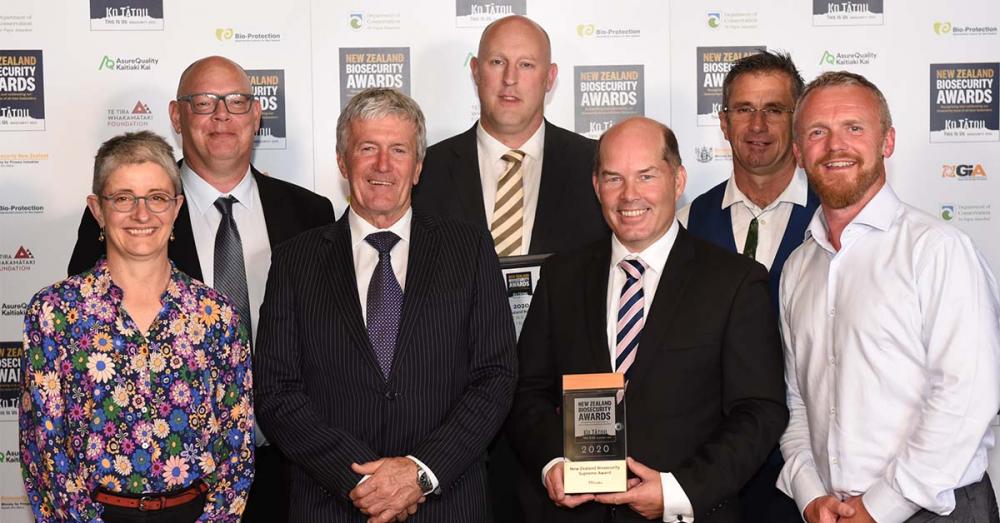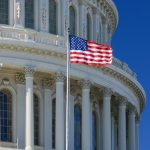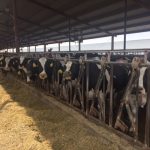
Miraka won the Government Industry Agreement Industry Award for achieving enhanced biosecurity awareness and culture change on-farm, then followed that up by winning the New Zealand Biosecurity Supreme Award from eight other category winners.
The company has created a course educating its suppliers about biosecurity risks in the dairy industry from cow to bottle.
Miraka established its farming excellence programme five years ago to build farmer resilience, future-proof farmer regulatory compliance, extend its organisational values across its supply chain and start a traceable brand story.
According to award summary notes, it has been able to demonstrate tangible behaviour change to farming operations and mindsets through education, resourcing and financial incentives.
After involvement with a sector foot and mouth disease exercise in 2017, Miraka identified that biosecurity was missing from the programme and it set about working with external parties, Primary ITO and Hamilton-based farm auditor QCONZ, to establish an industry-available and NZQA funded farm owner/management training short course.
Each participant was trained in biosecurity risk assessment, risk mitigation and how to create and implement a biosecurity plan within their business.
Through educational initiatives and a 1c/kgMS incentive, within a year 72 out of 104 Miraka farmers fulfilled the criteria and had implemented a biosecurity plan.
In accepting the GIA Award, Miraka’s general manager of milk supply Grant Jackson said for the programme to work it was important that, rather than enforce compliance, suppliers needed to engage with the idea so that they owned their farm’s biosecurity plan, which they could evolve themselves.
He says the plans will be audited and the aim is to use education to encourage the 30% of suppliers who don’t now have a plan to get one.
The kiwifruit industry was also recognised at the award ceremony.
The Minister’s Biosecurity Award was won by Linda Peacock of Kiwifruit Vine Health in Mount Maunganui, who has worked collaboratively with growers and technical teams for more than 30 years from all growing regions.
Biosecurity Minister Damien O’Connor says Peacock has shown passion, empathy, energy and focus to help take science-based information and turn it into practical solutions for growers.
Peacock said her work was all about creating links between scientists and growers, letting scientists know what growers needed and then helping those on the ground understand what the science was saying in practical terms.
The kiwifruit industry itself, which this year marked 10 years since the kiwifruit disease Psa arrived in NZ, was given a special award by O’Connor for what he called the sector’s exceptional leadership, collaboration and commitment in coming up with a recovery plan that showed an outstanding commitment to NZ’s biosecurity.
Other award winners included Dr Mary van Andel, a veterinary epidemiologist who won the Eagle Technology Local and Central Government Award for her strategic leadership during the Mycoplasma bovis and covid-19 responses, including the design of the M bovis response; tech company Onside, which won the Bio-Protection Research Centre Science Award for its work to provide network technology to inform risk-based testing of eradication and biosecurity incursions in the primary sector; and Groundtruth, which runs Trap.nz, the largest trapping database in the country.
Looking to the future, winner of the inaugural Kura (Schools) award was St Paul’s Collegiate in Hamilton for its agribusiness programme, which focuses on biosecurity in the primary sector, including Queensland fruit fly and M bovis; while the AsureQuality Emerging Leadership Award went to Thomas (Tame) Malcolm, for more than a decades’ experience in environmental management roles in Bay of Plenty, Waikato and Canterbury, including working for Ospri, Waikato Regional Council, the Department of Conservation and Te Tira Whakamataki (the Maori biosecurity network).

























